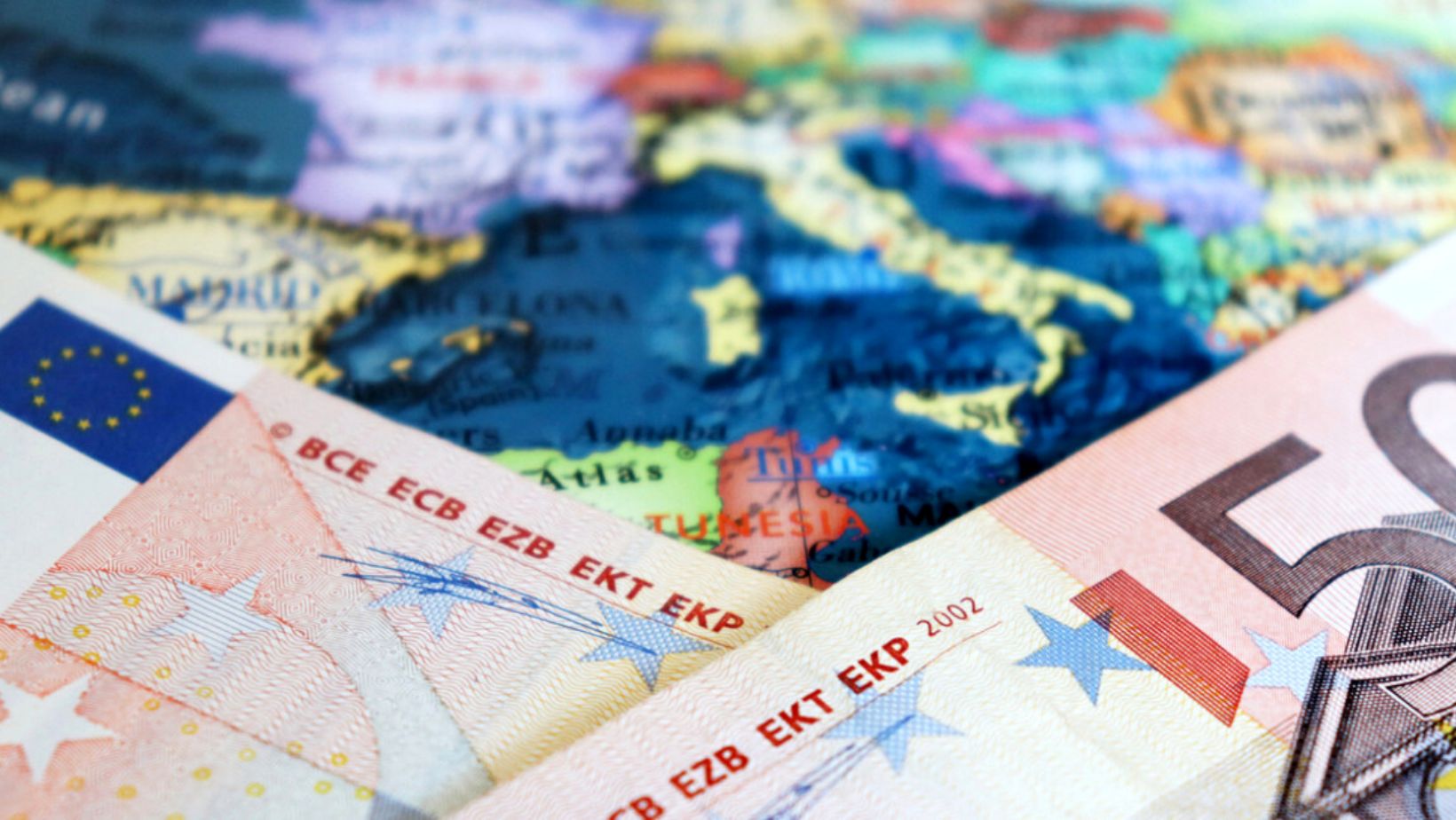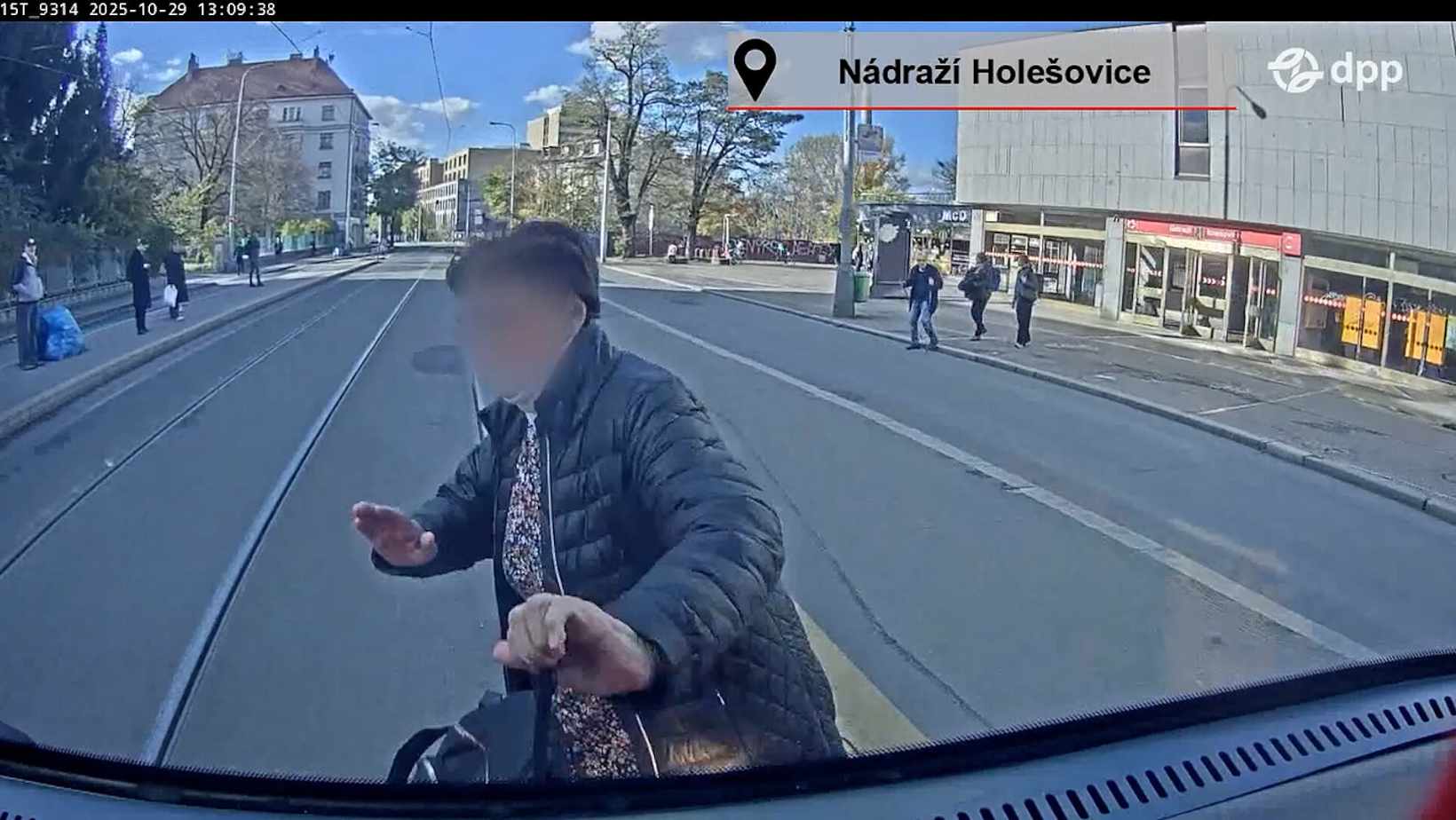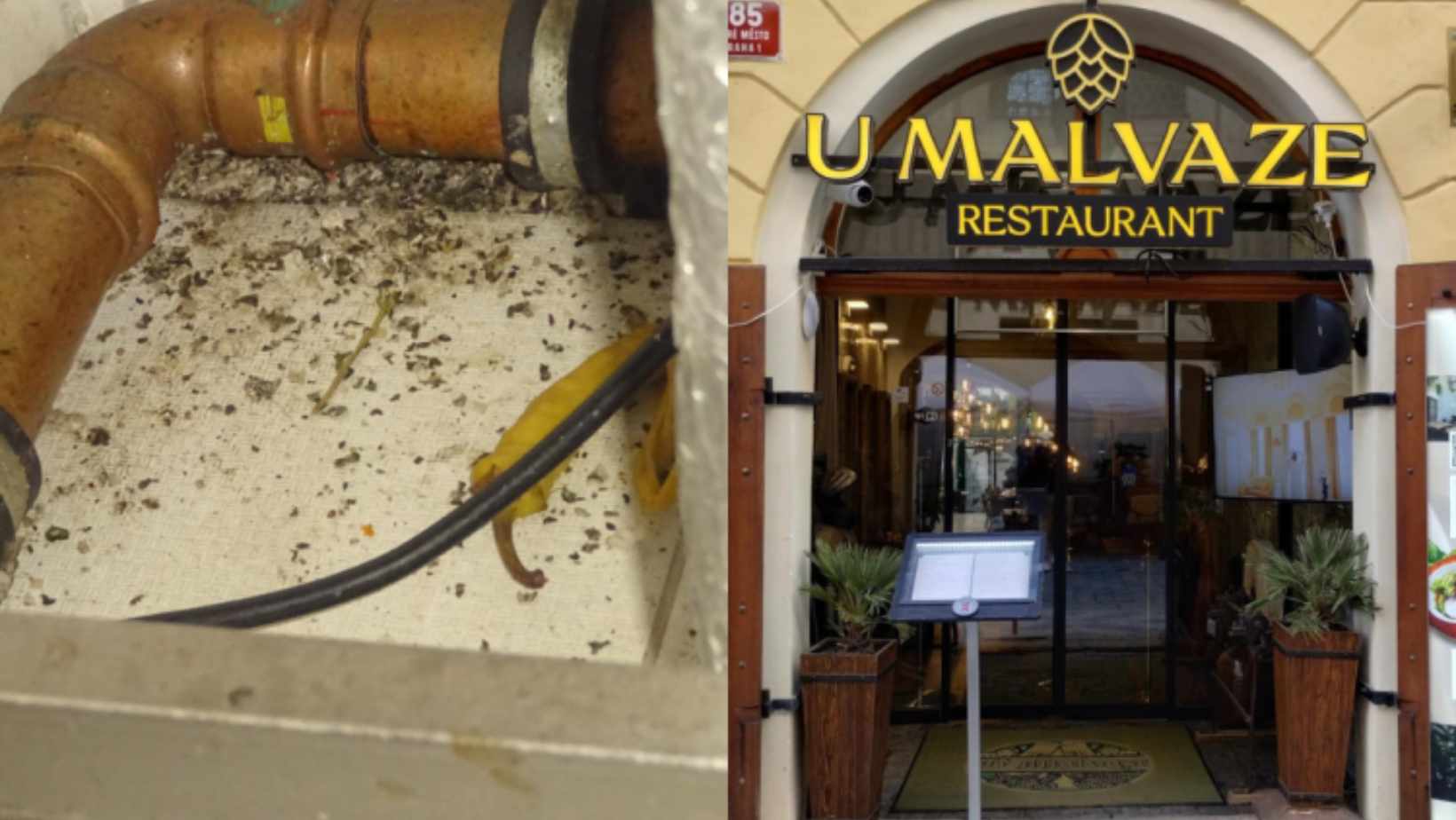The Czech Republic will not adopt the euro in the current parliamentary term, Prime Minister Petr Fiala said.
He added, however, that the government wants to allow companies to keep their accounts in euros.
The prime minister made the remarks in response to a question about Saturday’s statement by House Speaker Marketa Pekarova Adamová, who said at a program conference that she saw 2030 as a realistic year for adopting the euro
“What will happen in 2030, we will see. I don’t look at this question, speaking for myself, ideologically. For me, it is really a question of what is beneficial for the Czech Republic and Czech citizens. Now the situation is such that during this term of office, and therefore during the term of the government I have the honour to head, the adoption of the euro will not be a topical issue,” the Prime Minister and ODS chairman said.
He said that the government was taking steps to fulfill the Maastricht criteria, i.e. the conditions for adopting the euro.
“But at the same time we have not agreed on adopting the euro because we do not consider it realistic at the moment and the Czech Republic will not adopt the euro during our term of office,” he said.
He added that experts also differed on the benefits of adopting the common European currency.
Speaker of the TOP 09 and the lower house Pekarová Adamová said on Saturday that although the commitment is not in the current program statement of the cabinet, the next government’s program should already include the date.
Croatia joins the euro
The European Union has given Croatia the green light to begin using the euro from next year.
The country will join 19 other EU member states that use the currency.
It will adopt the currency from 1 January 2023, making Croatia the latest nation to join the eurozone since Lithuania in 2015. From next year, it will mean that just seven EU countries still use their own currency.
Which European countries still use their own currency?
As Croatia becomes the 20th EU nation to adopt the euro, there are still a number of members that haven’t taken this step.
In total, seven EU countries don’t use the euro: Bulgaria, Czech Republic, Denmark, Hungary, Poland, Romania, and Sweden.
In these countries, visitors from the eurozone still need to exchange money before they travel. Here’s a list of the currencies they use and some more information about these non-eurozone EU member states.
-
NEWSLETTER
Subscribe for our daily news











